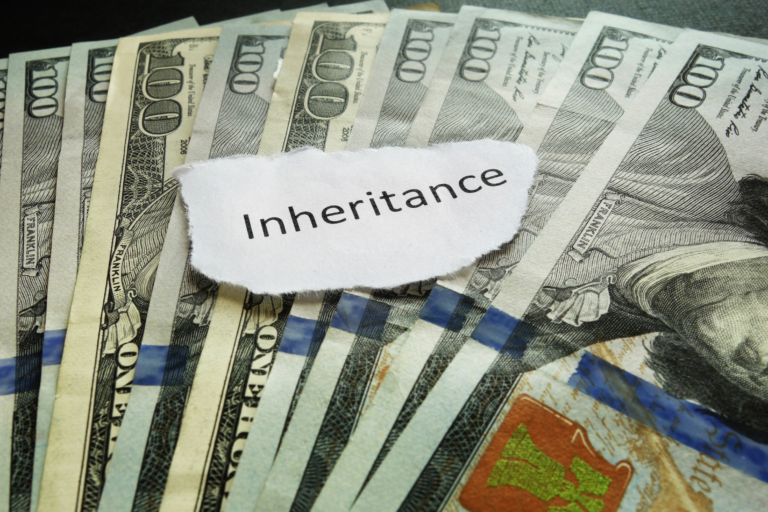Settling a deceased’s estate in Florida is not an easy task, which requires fair compensation for those who use their time and effort to serve as personal representatives or executors. In this article, you will find whether an executor of a will is entitled to compensation in Florida.
Understanding the Role of a Personal Representative in Florida
Also referred to as “executor,” the personal representative is the person appointed in court to execute the deceased’s estate subject to probate. The executor’s duties include:
- Identifying, gathering, and inventorying the decedent’s assets
- Notifying all interested parties
- Publishing notice to any creditors with an interest in the estate
- Sell, mortgage, lease, or execute any of the assets in the best interest of the estate and its beneficiaries
- Legally representing the estate whenever it is necessary (e.g., probate litigation)
- Responding or objecting to creditors’ claims
- Filing tax returns on the estate’s behalf
- Distributing the assets to their rightful beneficiaries
- Closing out the estate in court
This is only a summary of the tasks performed by an executor. The larger an estate is, the more complex and demanding this role is to fulfill.
Under Florida law, an executor must act exclusively in the best interest of the deceased’s estate, heirs, and beneficiaries.
Florida Statutes §733.602 (1) provides that “a personal representative is under a duty to settle and distribute the estate of the decedent in accordance with the terms of the decedent’s will and this code as expeditiously and efficiently as is consistent with the best interests of the estate.”
The same statute adds that “a personal representative shall use the authority conferred by this code, the authority in the will, if any, and the authority of any order of the court, for the best interests of interested persons, including creditors.”
What is the Executor of a Will Entitled to in Florida? – As Provided by Law
Florida Statutes §733.617 (1) expressly state that “a personal representative shall be entitled to a commission payable from the estate assets without a court order as compensation for ordinary services.”
Accordingly, “the commission shall be based on the compensable value of the estate, which is the inventory value of the probate estate assets and the income earned by the estate during administration.”
Florida Statutes §733.617 (2) defines that “a commission computed on the compensable value of the estate is presumed to be reasonable compensation for a personal representative in formal administration as follows:
- At the rate of 3 percent for the first $1 million
- At the rate of 2.5 percent for all above $1 million and not exceeding $5 million
- At the rate of 2 percent for all above $5 million and not exceeding $10 million
- At the rate of 1.5 percent for all above $10 million
The executor may also receive further compensation as is reasonable for any extraordinary services performed during the settlement of an estate, such as:
- Selling real property
- Conducting litigation on the estate’s behalf
- Carrying on the decedent’s business
- Handling protected homestead property
Please note that Florida Statutes §733.617 (4) provide that “if the will provides that a personal representative’s compensation shall be based upon specific criteria, other than a general reference to commissions allowed by law or words of similar import (…), then a personal representative shall be entitled to compensation in accordance with that provision.
Do You Need Legal Assistance to Handle Probate? – Contact Your Florida Probate Lawyer Today
Immediately contact Attorneys Romy B. Jurado and Diana C. Collazos by calling (305) 921-0976 or emailing [email protected] for expert legal guidance.






